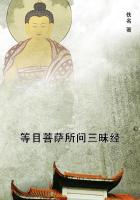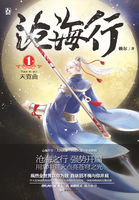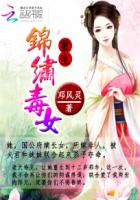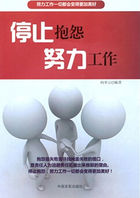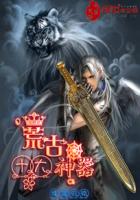absence, says that "he left men wholly devoted to play, hunting, and their small houses, and he finds them all turned authors."[21] They hawk about their tragedies, comedies, novels, eclogues, dissertations and treatises of all kinds from one drawing room to another. They strive to get their pieces played; they previously submit them to the judgment of actors; they solicit a word of praise from the Mercure;they read fables at the sittings of the Academy. They become involved in the bickering, in the vainglory, in the pettiness of literary life, and still worse, of the life of the stage, inasmuch as they are themselves performers and play in company with real actors in hundreds of private theaters. Add to this, if you please, other petty amateur talents such as sketching in water-colors, writing songs, and playing the flute. -- After this amalgamation of classes and this transfer of parts what remains of the superiority of the nobles? By what special merit, through what recognized capacity are they to secure respect of a member of the Third-Estate? Outside of fashionable elegance and a few points of breeding, in what respect they differ from him? What superior education, what familiarity with affairs, what experience with government, what political instruction, what local ascendancy, what moral authority can be alleged to sanction their pretensions to the highest places? -- In the way of practice, the Third-Estate already does the work, providing the qualified men, the intendants, the ministerial head-clerks, the lay and ecclesiastical administrators, the competent laborers of all kinds and degrees. Call to mind the Marquis of whom we have just spoken, a former captain in the French guards, a man of feeling and of loyalty, admitting at the elections of 1789 that "the knowledge essential to a deputy would most generally be found in the Third-Estate , the mind there being accustomed to business." -- In the way of theory: the commoner is as well-informed as the noble, and he thinks he is still better informed, because, having read the same books and arrived at the same principles, he does not, like him, stop half-way on the road to their consequences, but plunges headlong to the very depths of the doctrine, convinced that his logic is clairvoyance and that he is more enlightened because he is the least prejudiced. -- Consider the young men who, about twenty years of age in 1780, born in industrious families, accustomed to effort and able to work twelve hours a day, a Barnave, a Carnot, a Roederer, a Merlin de Thionville, a Robespierre, an energetic stock, feeling their strength, criticizing their rivals, aware of their weakness, comparing their own application and education to their levity and incompetence, and, at the moment when youthful ambition stirs within them, seeing themselves excluded in advance from any superior position, consigned for life to subaltern employment, and subjected in every career to the precedence of superiors who they hardly recognize as their equals. At the artillery examinations where Chérin, the genealogist, refuses commoners, and where the Abbé Bosen, a mathematician, rejects the ignorant, it is discovered that capacity is wanting among the noble pupils and nobility among the capable pupils,[22] the two qualities of gentility and intelligence seeming to exclude each other, as there are but four or five out of a hundred pupils who combine the two conditions. Now, as society at this time is mixed, such tests are frequent and easy. Whether lawyer, physician, or man of letters, a member of the Third-Estate with whom a duke converses familiarly, who sits in a diligence alongside of a count-colonel of hussars,[23] can appreciate his companion or his interlocutor, weigh his ideas, test his merit and esteem him at his correct value, and I am sure that he does not overrate him.--Now that the nobles have lost their special capacities and the Third-Estate have acquired general competence, and as they are on the same level in education and competence, the inequality which separates them has become offensive because it has become useless. Nobility being instituted by custom is no longer sanctified by conscience; the Third-Estate being justly excited against privileges that have no justification, whether in the capacity of the noble or in the incapacity of the bourgeois.
IV. ROUSSEAU'S PHILOSOPHY SPREADS AND TAKES HOLD.
Philosophy in the minds thus fitted for it. - That of Rousseau prominent. - This philosophy in harmony with new necessities. - It is adopted by the Third-Estate .
Distrust and anger against a government putting all fortunes at risk, rancor and hostility against a nobility barring all roads to popular advancement, are, then, the sentiments developing themselves among the middle class solely due to their advance in wealth and culture. -- We can imagine the effect of the new philosophy upon people with such attitudes. At first, confined to the aristocratic reservoir, the doctrine filters out through numerous cracks like so many trickling streams, to scatter imperceptibly among the lower class. Already, in 1727, Barbier, a bourgeois of the old school and having little knowledge of philosophy and philosophers except the name, writes in his journal:
"A hundred poor families are deprived of the annuities on which they supported themselves, acquired with bonds for which the capital is obliterated; 56,000 livres are given in pensions to people who have held the best offices, where they have amassed considerable property, always at the expense of the people, and all this merely that they may rest themselves and do nothing."[24]
One by one, reformative ideas penetrate to his office of consulting advocate; conversation has sufficed to propagate them, homely common sense needing no philosophy to secure their recognition.



